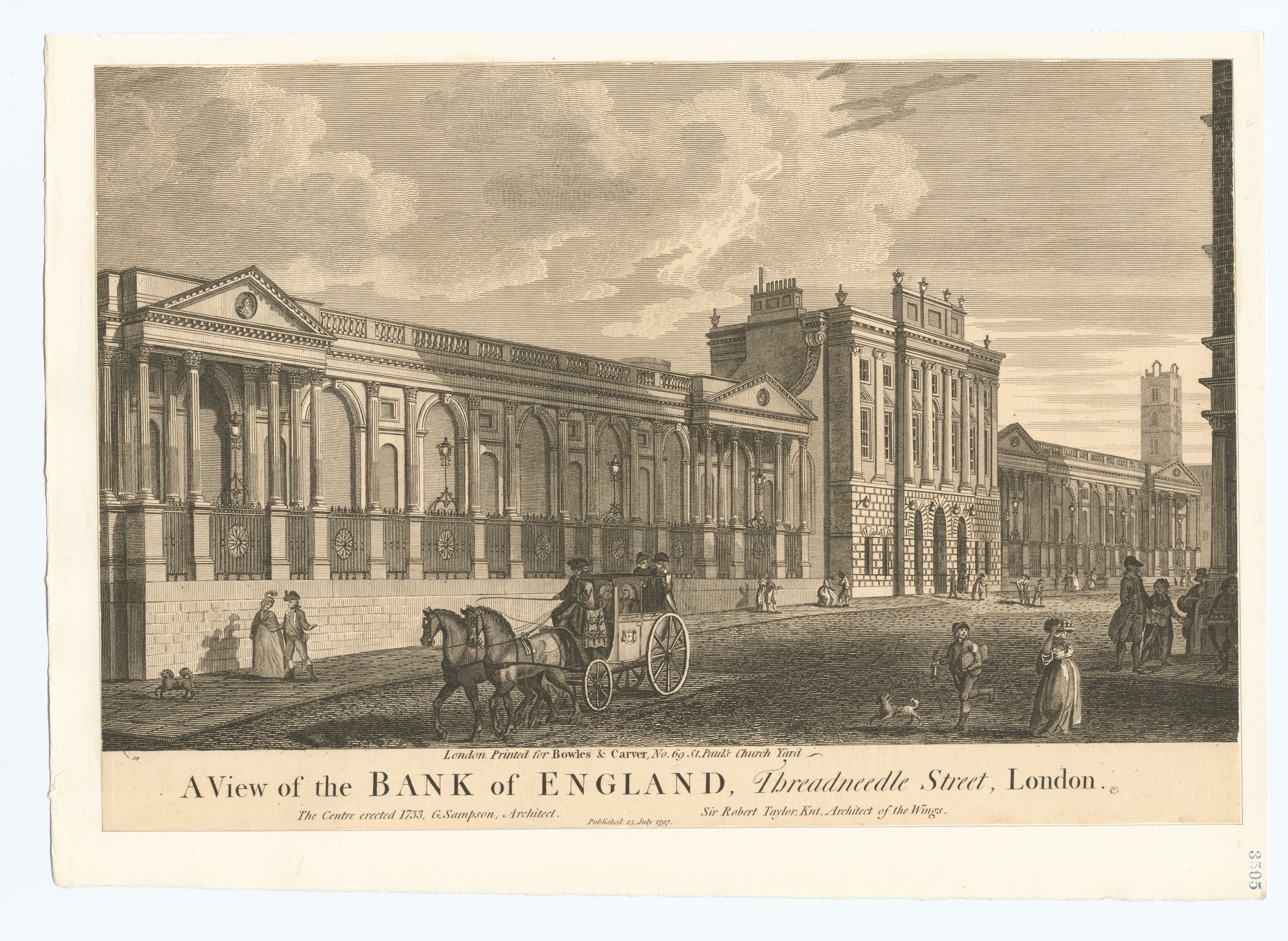Note: This article has been excerpted from a larger work in the public domain and shared here due to its historical value. It may contain outdated ideas and language that do not reflect TOTA’s opinions and beliefs.
From The Travels of Mirza Abu Taleb Khan, 1814.
As I had promised Mr. Hastings, while in London, that, if ever I visited Oxfordshire, I should pass a week with him, he therefore now claimed the fulfilment of my promise. I was much rejoiced to find this great man released from all the toils and anxieties of a public life, amusing himself in rural occupations, and enjoying that happiness in his domestic society which is unattainable by the monarchs of the world.
I was much pleased with viewing his grounds and gardens, which were laid out with great taste and judgment; but I was particularly struck with the arrangement and economy of his farm-yard and dairy. As the latter surpasses any thing of the kind I have seen, and is an office unknown in a gentleman's family in the East, I shall attempt a description of it.
A dairy is a large room for preserving milk, butter, and cheese. The one I now speak of, was well shaded from the sun, and had large glass windows on the four sides, which were opened or shut at pleasure. Within each window stood a frame of netted wire, which admitted the air, but obstructed the entrance of flies, or other insects. Around the room were placed a number of vessels, made of white marble, for holding the milk. There were also several marble slabs for pressing and shaping the cheese on; and even the floors and seats were composed of the same delicate and costly material.
As Mr. Hastings prefers living in the country to London, he has spared no expence in fitting up this residence; in which elegance and utility are so happily blended, that it resembles more the work of a Genii, than of human art.
During my stay at this delightful abode, Mr. Hastings treated me with the utmost attention and kindness; and when I was about to depart, he offered to supply me with money as long as I should remain in England. I returned him my acknowledgments for his kindness; but not being in want of assistance, I declined his friendly offer.
Mr. Cockerell having some business which would require his staying a fortnight at Seisincot, wished me much to return thither, and pass that time with him: but as, previous to my leaving London, Cupid had planted one of his arrows in my bosom, I found it impossible to resist the desire of returning to the presence of my fair one ; and therefore, on leaving Mr. Hastings's, we separated.
On my way to town, I had an opportunity of seeing Henley. It is advantageously situated on the river Thames, and said to be one of the handsomest towns in England. I did not think it superior, however, either to Richmond or Kilkenny.
A few days after my arrival in London, I composed the following Ode, in imitation of Hafiz.
Ode to London
Henceforward we will devote our lives to London, and its heart-alluring Damsels:
Our hearts are satiated, with viewing fields, gardens, rivers, and palaces.
We have no longing for the Toba, Sudreh, or other trees of Paradise:
We are content to rest under the shade of these terrestrial Cypresses.
If the Shaikh of Mecca is displeased at our conversion, who cares?
May the Temple which has conferred such blessings on us, and its Priests, flourish!
Fill the goblet with wine ! If by this I am prevented from returning
To my old religion, I care not; nay, I am the better pleased.
If the prime of my life has been spent in the service of an Indian Cupid,
It matters not: I am now rewarded by the smiles of the British Fair.
Adorable creatures! whose flowing tresses, whether of flaxen or of jetty hue,
Or auburn gay, delight my soul, and ravish all my senses!
Whose ruby lips would animate the torpid clay, or marble statue!
Had I a renewal of life, I would, with rapture, devote it to your service!
These wounds of Cupid, on your heart, Taleba, are not accidental:
They were engendered by Nature, like the streaks on the leaf of a tulip.
Khan, Mirza Abu Taleb. Travels of Mirza Abu Taleb Khan in Asia, Africa, and Europe. Longman, Hurst, Rees, Orme, and Brown, 1814.
About TOTA
TOTA.world provides cultural information and sharing across the world to help you explore your Family’s Cultural History and create deep connections with the lives and cultures of your ancestors.


